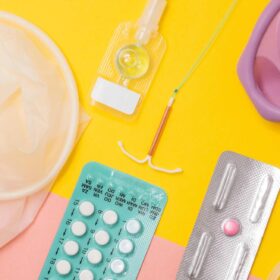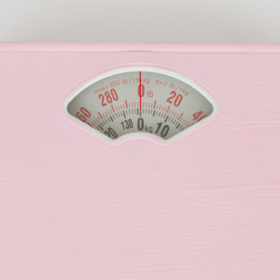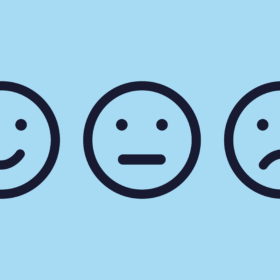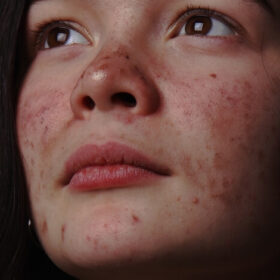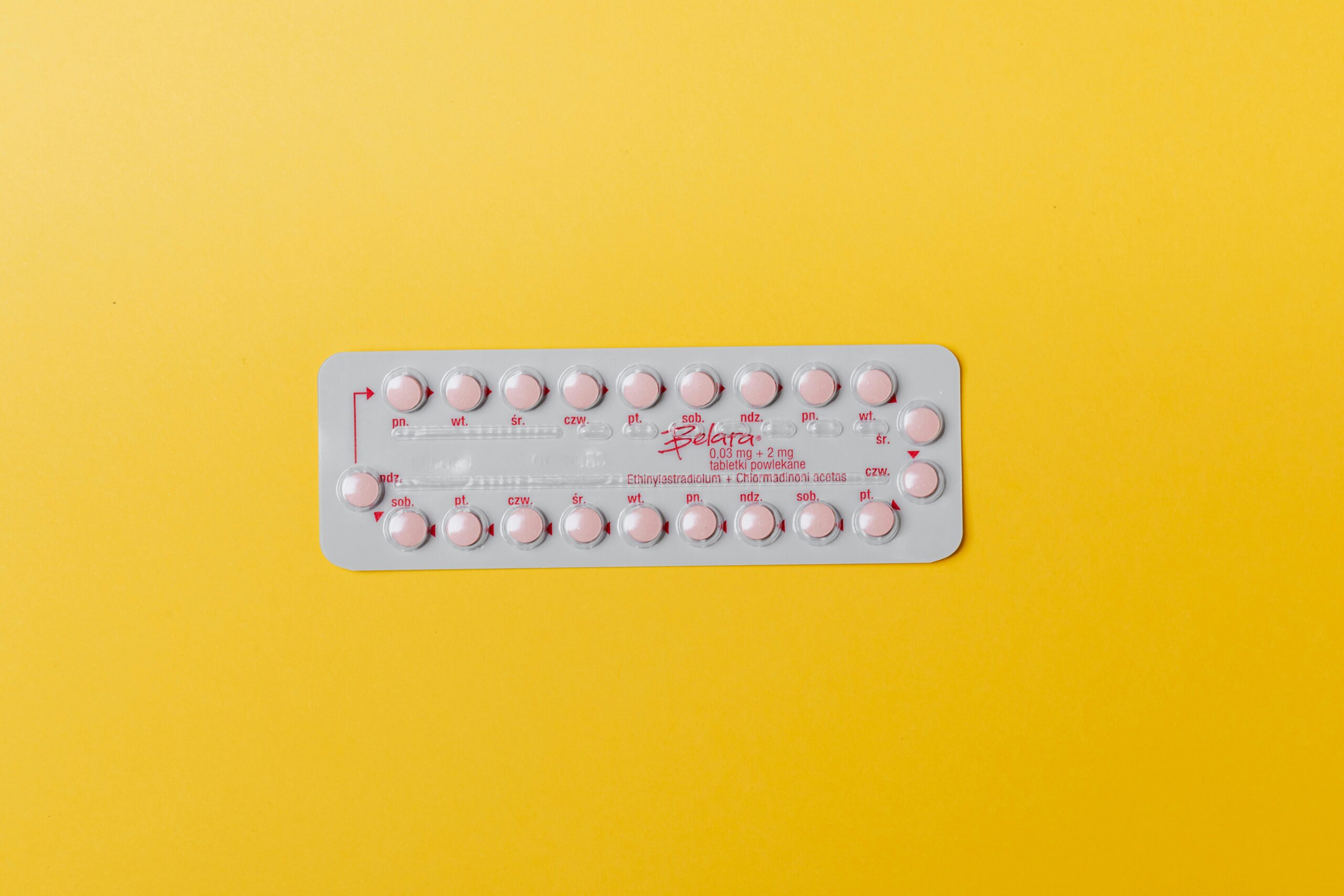
Is your contraception making you tired?
In this article
What's the lowdown?
It is not commonly reported, but many hormonal contraceptives list tiredness as a side effect
Research suggests that hormones within contraceptives have hypnogenic (sleep promoting) influences, particularly progestogen
These changes could be beneficial (some studies show a reduction in insomnia) but can be associated with daytime sleepiness
Coming off the pill can lead to tiredness due to a drop in vitamin D
If you’re concerned about changes in your energy levels when on hormonal contraception it’s worth chatting to your doctor or one of the Lowdown GP’s
Life can be tiring, so the prospect of another thing making you sleepy is an unwelcome one. There are reports that one side effect of contraception can be tiredness. Let’s take a bleary eyed look at the evidence behind this.
Which contraceptive methods are we talking about?
We’re only looking at hormonal contraceptives here, to see if the impact on our hormones causes the side effect of feeling tired.
Combined pill: Containing progestogen and oestrogen, this oral contraceptive provides effective birth control by preventing the ovaries releasing an egg each month, thickening mucus in the neck of the womb and thinning the lining of the womb.
Contraceptive patch: Oestrogen and progestogen are absorbed into the body via the skin
Vaginal ring: Another combined method, where a plastic ring containing the hormones is placed inside the vagina
Progestogen-only pill: Also known as ‘POP’ or ‘mini pill’, traditional POPs work by thickening the cervical mucus to prevent sperm reaching the egg. Additionally, the desogestrel or drospirenone based POPs can stop ovulation.
Subdermal implant: A plastic rod is placed under the skin in the upper arm, releasing progestogen.
Injection: Progestogen is directly released into the bloodstream.
Hormonal Intrauterine System (IUS): A device inserted into the womb, releasing progestogen. Also known as the hormonal coil.
Morning after pill: Emergency contraception (Levonelle or EllaOne) contains hormones that work to delay ovulation.
Does my particular contraception cause tiredness?
We researched the hormones for each contraceptive type outlined above and a sample of patient leaflets for a cross-section of their brand names and every single one had ‘tiredness’ as a side effect. If you fancy some bedtime reading find out more on drugs.com and electronic medicines compendium (said no-one, ever).
Now, onto the interesting bit…why does the pill make you tired? And could coming off the pill cause tiredness? Is ‘pill fatigue’ a thing?
Contraception and tiredness: What does the research say?
There are a range of studies focused on tiredness and hormonal contraceptives. If you think about it, use of hormonal contraception in some ways mimicks pregnancy as it stops your menstrual cycle. And what’s one symptom pregnant women often have…you got it, tiredness!
Broadly, it is thought that the use of hormones in contraceptives is the reason behind changes to energy levels or sleep, but the mechanisms behind this are far from clear. Supporting this further, studies show compelling evidence that sleep complaints are often associated with menstrual irregularities, with lighter sleep stages and more awakenings.
One 2013 study which looked at sleep patterns in women on hormonal contraceptives found that, in comparison the women who were not on contraception, the apnea-hypopnea index was lower (a higher score can indicate sleep apnoea where you stop breathing for periods of 10 seconds or more) and sleep efficiency and duration was better!
In contrast to sleep quality during the night, there can be some negative effects on energy levels for those on contraceptives. A 2020 study showed that generally, women on hormonal contraceptives exhibited more sleepiness during the day and insomnia at night. Compared to combined contraceptives, the participants on progestogen-only methods had lower sleep duration.
Overall, research recognises a sedating effect of progesterone (although oestrogen does play a role, it is less understood). In fact, there is investigation as to whether a progesterone only contraceptive could be a beneficial treatment for women with insomnia.
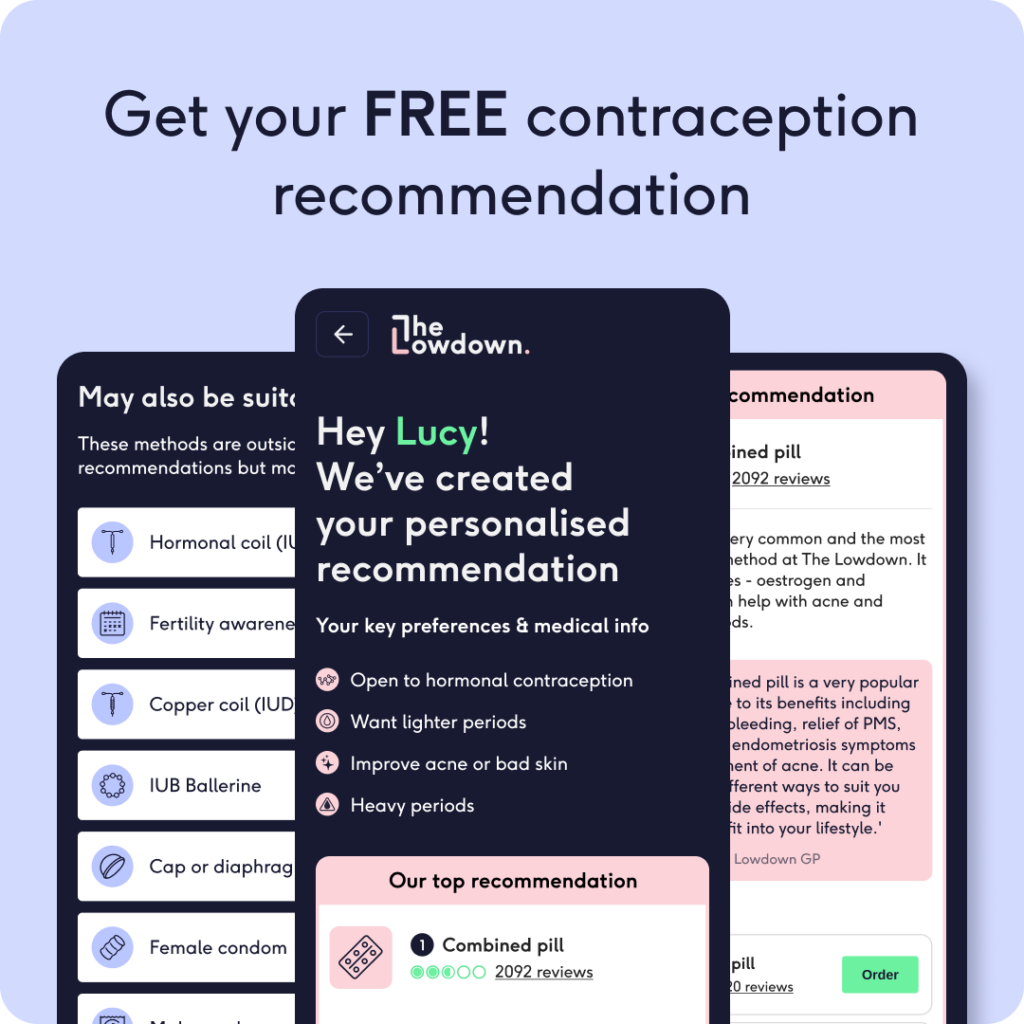
How is fatigue different to being tired?
Tiredness typically has a clear cause – it could be a bad night’s sleep worrying about your 9am appraisal, an evening fuelled by too much alcohol or after a 6-hour hike up Snowdonia the day before. Basically, it’s a totally expected feeling that you get after certain activities, solved by a good night’s sleep (or two).
Fatigue has been described as ‘daytime tiredness’, where despite a full night’s sleep you don’t feel refreshed. However, it’s much more than this, with a constant lack of energy, and excessive whole body tiredness that can affect normal functioning and quality of life.
Research is yet to fully identify the mechanisms of fatigue, but theories are that brain misregulation of the circadian (body) clock means that periods of mental alertness aren’t controlled as they should be.
Fatigue is linked to many underlying causes, including depression, thyroid conditions and anaemia.
Fatigue and sleep patterns – what’s the link?
Research shows insomnia affects between 6% to 9.5% of adults, but there’s not a clearcut link between sleep problems, and fatigue. Studies do suggest that sleep quality, duration and number of awakenings can worsen fatigue. However, mental and physical health also have a considerable influence on fatigue.
Coming off the pill and tiredness
Initially, your hormone levels will change as your usual menstrual cycle returns. Different phases of the menstrual cycle may also affect your energy levels. A study by the Journal of Clinical Endocrinology & Metabolism showed that use of contraception containing oestrogen such as the combined pill is associated with increased levels of vitamin D. Therefore coming off the pill could potentially cause vitamin D levels in some people to decrease, which can lead to tiredness and fatigue. Taking vitamin D supplements is recommended for everyone in the UK over winter to keep your levels up!
What’s the bottom line?
So there is a link, but research doesn’t yet have a general consensus on exactly how contraceptives cause tiredness and the effects on each individual. Studies have shown positive and negative effects of the hormonal influence on sleep and energy levels. If you notice that you need to catch more zzzz’s on a new contraceptive, this may be something to discuss with your GP, or one of the Lowdown’s contraception experts!
Our medical review process
This article has been medically reviewed for factual and up to date information by a Lowdown doctor.


